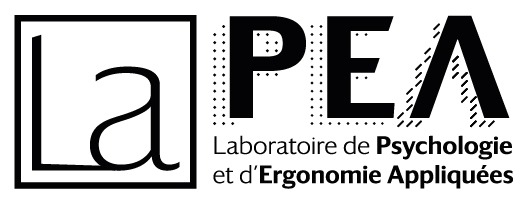Jeudi 17 octobre 2019
Abstract
Using two earned income/tax declaration experimental designs we show that only partial liars are affected by a truth-telling oath, a non-price commitment device. Under oath, we see no change in the number of chronic liars and fewer partial liars. Rather than smoothly increasing their compliance, we also observe that partial liars who respond to the oath, respond by becoming fully honest under oath. Based on both response times data and the consistency of subjects when several compliance decisions are made in a row, we show that partial lying arises as the result of weak preferences towards profitable honesty. The oath only transform people with weak preferences for lying into being committed to the truth. Based on these studies other works done or in progress will be presented.
Based on
https://ideas.repec.org/p/hal/cesptp/halshs-02159905.html
https://www.degruyter.com/view/j/bejeap.2019.19.issue-3/bejeap-2018-0149/bejeap-2018-0149.xml
Biosketch: Nicolas Jacquemet is a full professor at University Paris-1 Panthéon Sorbonne (CES) and the Paris School of Economics. He is heading the Paris 1-Paris 5 Master in Economics and Psychology since 2015. His research combines experimental methods and econometrics to study discrimination, the effect of personality traits on economic behaviour, the role of social pre-involvement in strategic behaviour and experimental game theory. His research has been published in Proceedings of the National Academy of Sciences, Econometrica, Management Science, Games and Economic Behavior, the Journal of Environmental Economics and Management, the Journal of Health Economics, and the Journal of Economic Psychology. He also authored several textbooks, in particular on econometrics (with Bruno Crépon, De boeck Universités) and Experimental Economics (with Olivier l’Haridon, Cambridge University Press).
Lien Internet vers ses travaux: https://sites.google.com/view/nicolasjacquemet/research
